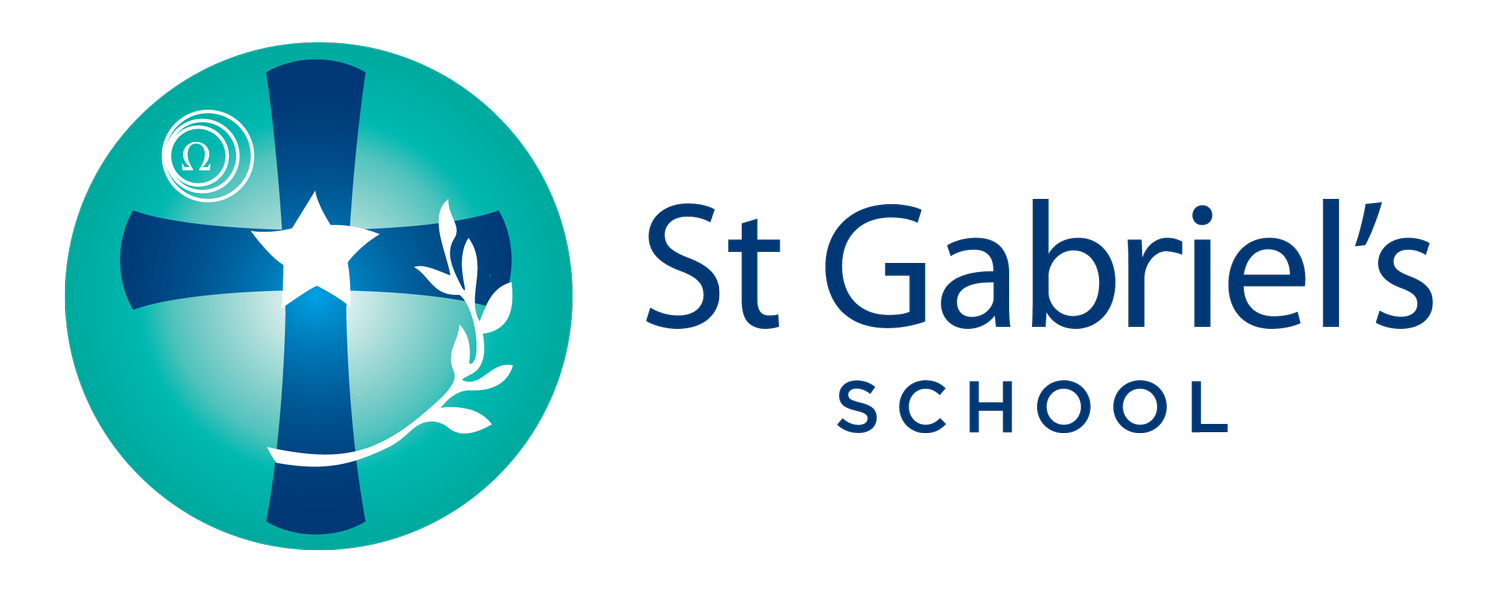Primary Education
K-6 at St Gabriel’s
Students go through huge developmental changes from Kindergarten to Year 6. St. Gabriel's School recognises these changes by providing assistance with the transition to Kindergarten, certain children's entry into mainstream schools, the latter years of Primary School, and finally High School.
Our students follow the NESA (National Education Standards Authority) K–6 Primary Curriculum, which is tailored to fit their unique needs and learning characteristics. Low staff-to-student ratios in the classroom make sure that all of our students are provided with an environment to flourish and grow.
Class sizes are small (8–10 students), and are staffed by a highly qualified teacher and learning support officer. Our teachers participate in ongoing professional development to ensure that they are using the most recent pedagogy and evidence–based practises to ensure that all students achieve high quality outcomes.
Teaching and Learning
-
All students bring a variety of knowledge, abilities, and understanding to school that they have acquired at home and in other contexts. The movement into Early Stage 1 should be seen as a continuum of learning and planned for appropriately. To effectively meet the wide range of students' learning needs, our teachers have developed and taught outstanding curricula using the NESA K–6 Syllabus. The Multi-lit Program, which has been modified and adjusted to meet our various needs, serves as the foundation for our K–6 English programs.
Our English programs help to create confident communicators, imaginative thinkers and informed citizens. Students learn to analyse, understand, communicate, and form relationships with individuals as well as with the outside world through their study of English. Students in Years K–6 interact with a wide range of written, spoken, and digital texts as part of their study of English, including both fiction and nonfictional works. Our programs engage with Australia’s diversity by exploring historic and contemporary texts, including the rich voices of Aboriginal and Torres Strait Islander Peoples, and a range of linguistic, cultural and social perspectives.
-
Our K–6 Mathematics programs are designed to help students develop their mathematical confidence. We encourage students to draw links between mathematics and their surroundings, this helps students come to comprehend and value mathematics in their daily lives. Our programs acknowledge the links between mathematical ideas and other academic disciplines and their capacity to improve students' comprehension of the rationale behind learning mathematics and to deepen conceptual understanding.
Through our programs, students gain the necessary fluency and numeracy skills as well as the capacity to analyse critically, logically, and creatively. We strive to ensure students enjoy learning mathematics, as it promotes them to develop a positive self-concept and become self- motivated learners through active participation in appropriately challenging tasks. This can enhance their resilience in solving mathematical problems relevant to further education and their everyday lives.
-
Science and Technology K–6 is an integrated discipline that fosters in students a sense of wonder and curiosity about the world around them and how it works. Our Science and Technology programs encourage students to embrace new concepts, the unexpected and to learn through trialling, testing and refining ideas.
The study of Science and Technology helps students improve their problem-solving skills as well as the fundamentals of enquiry.
Our programs incorporate both the Working Scientifically and Design and Production skills, allowing students to grow in confidence and improve their ability to conduct research and work with tools and materials to create solutions. It provides students with the opportunity to develop a sense of achievement by using the practical application of knowledge in the development of solutions. Our Science and Technology programs are linked closely with our Geography and History to create Integrated Programs that explore all concepts.
-
Our programs combine the outcomes for Geography and History to produce an Integrated Unit that examines both ideas. Students can delve into the past with the History component, which serves to understand how historical figures, occasions, and forces affected our world today. The study of places and the interactions between people and their environments is known as Geography. Students are urged to consider why things are the way they are, to consider their relationships to and responsibilities for the world, and to suggest activities that will help create a more socially equitable and sustainable future through the study of geography.
-
Our PDHPE programs place a strong emphasis on giving students the knowledge, comprehension, abilities, and attitudes they need to make wise decisions that will improve and protect their own health, safety, and wellbeing. In order for students to participate in a variety of physical activities with confidence, competence, and creativity, physical education is essential for the development of movement concepts and skills. We modify our programs to accommodate our students' physical demands.
-
Our students undertake arts and music classes with specialise teachers in purpose built classes.
Students also study the following school based Religion and Pastoral Care courses.
Students have a break for recess and lunch, each classroom develop their own timetable and use fitness and exercise regularly for students to have breaks. Students attend the core subjects in their classroom however move to a specialised music and art room and kitchen for cooking based activities.
Students have access to technology – interactive whiteboards in each classroom, desktops and each child has an iPad. All technology is integrated into all teaching and learning activities and students are taught how to safely and wisely use technology in their day to day lives.
They participate in weekly Assemblies, excursions, art and music competitions, incursions, community events such as Book Week, Jump Rope for Heart, Athletics’ Carnivals, Family run discos, and corporate fundraisers.


